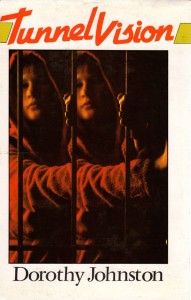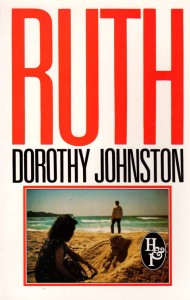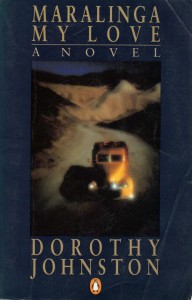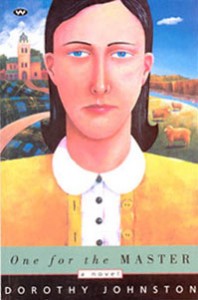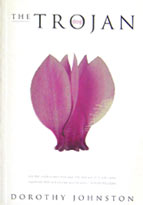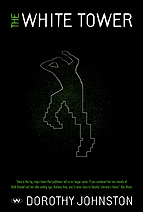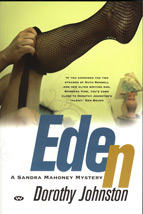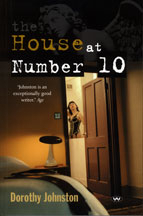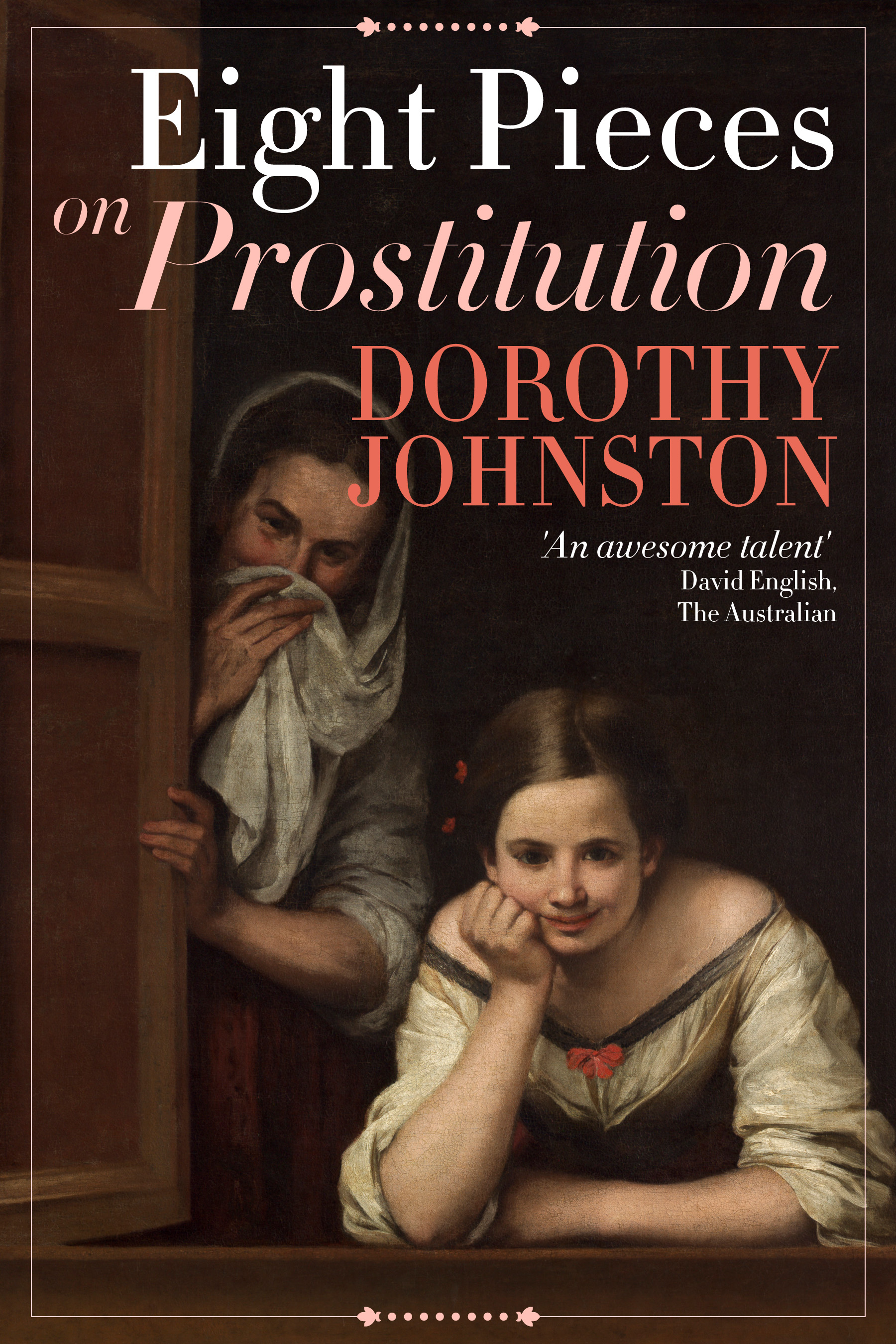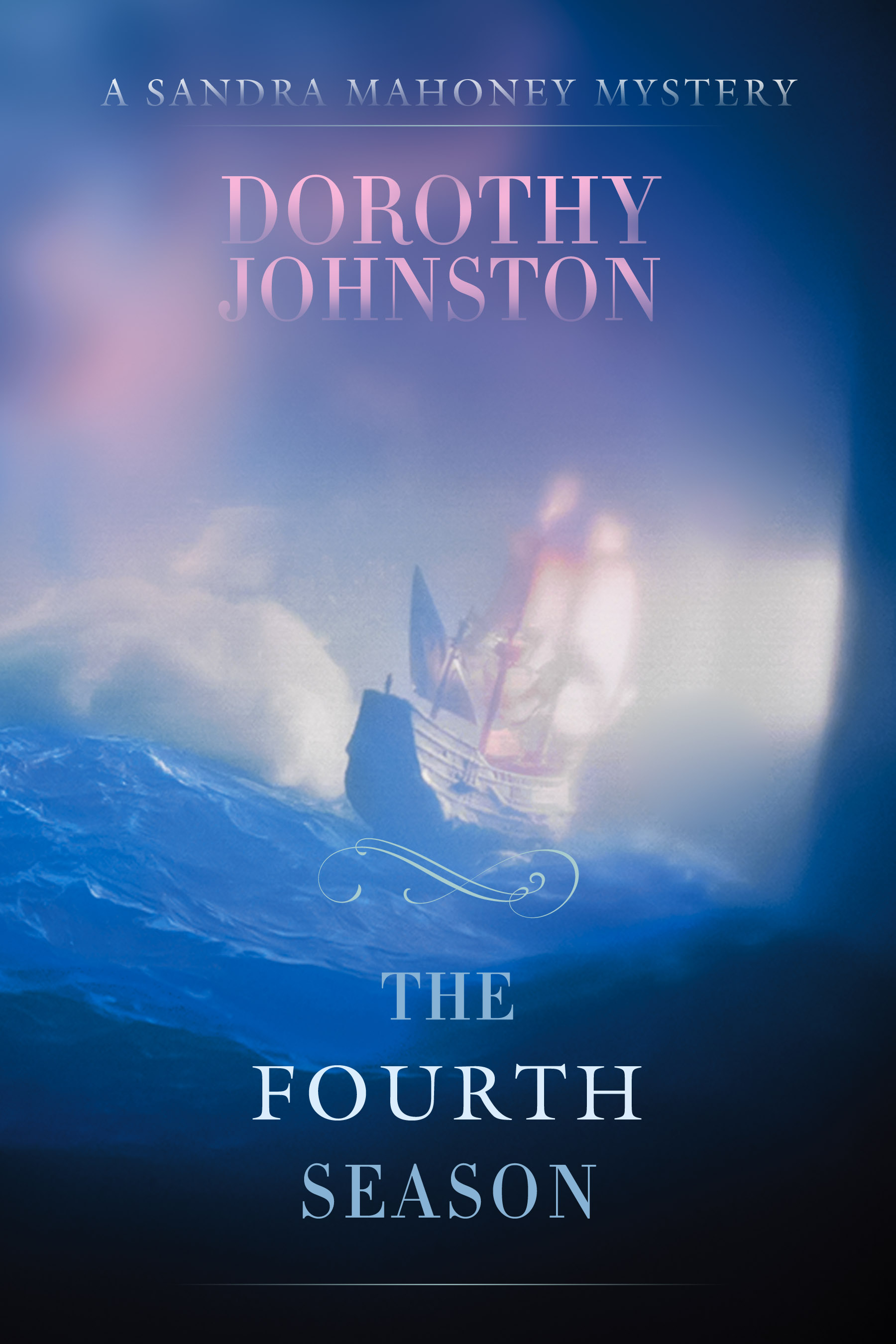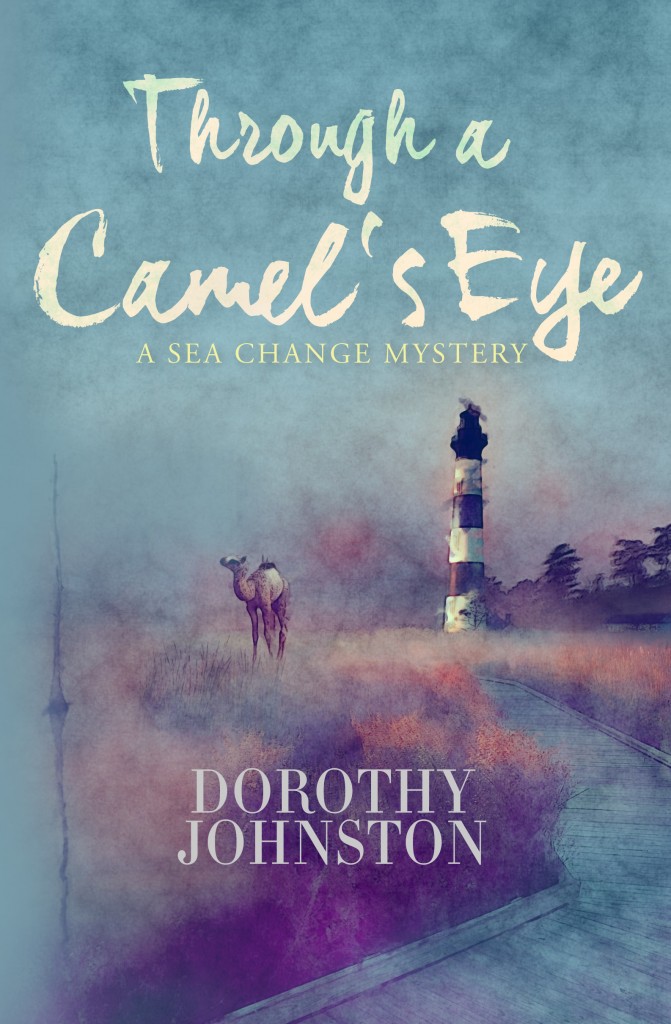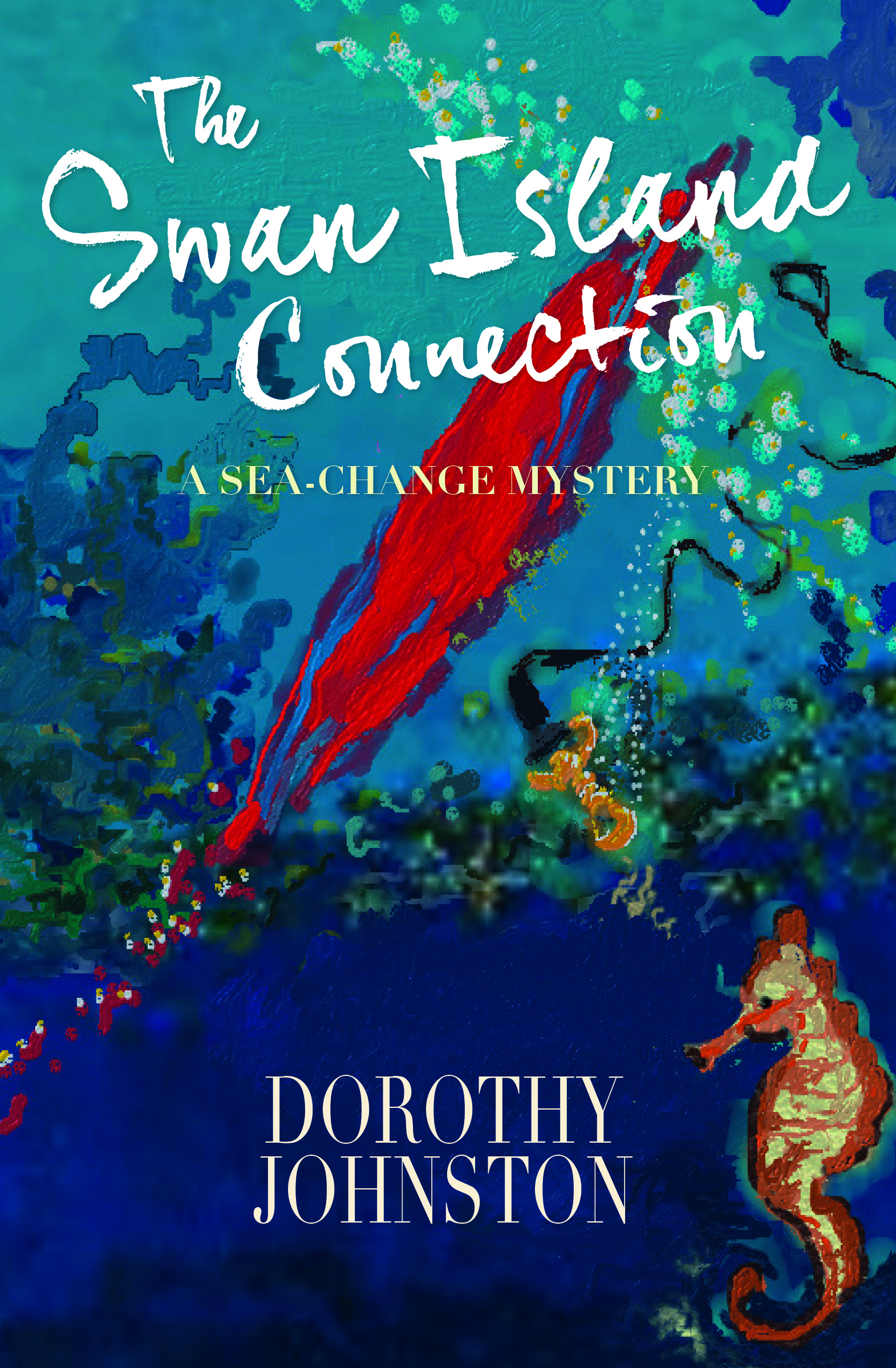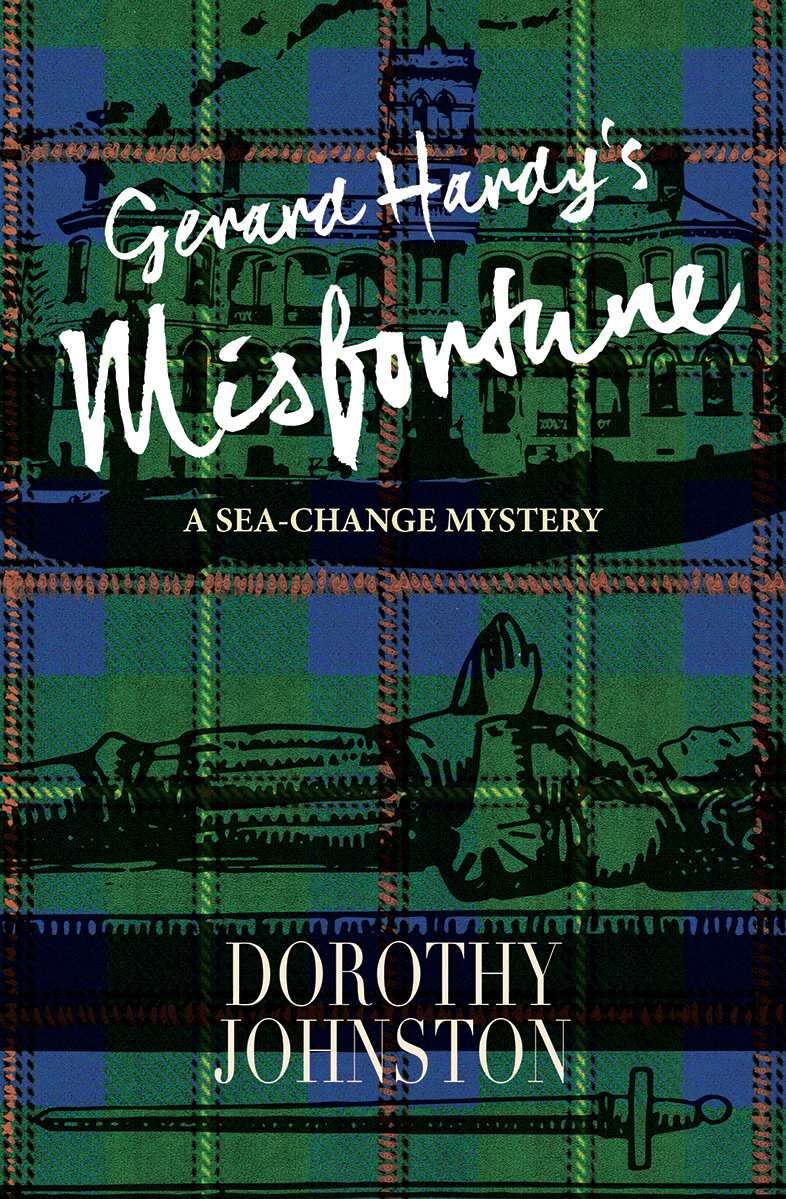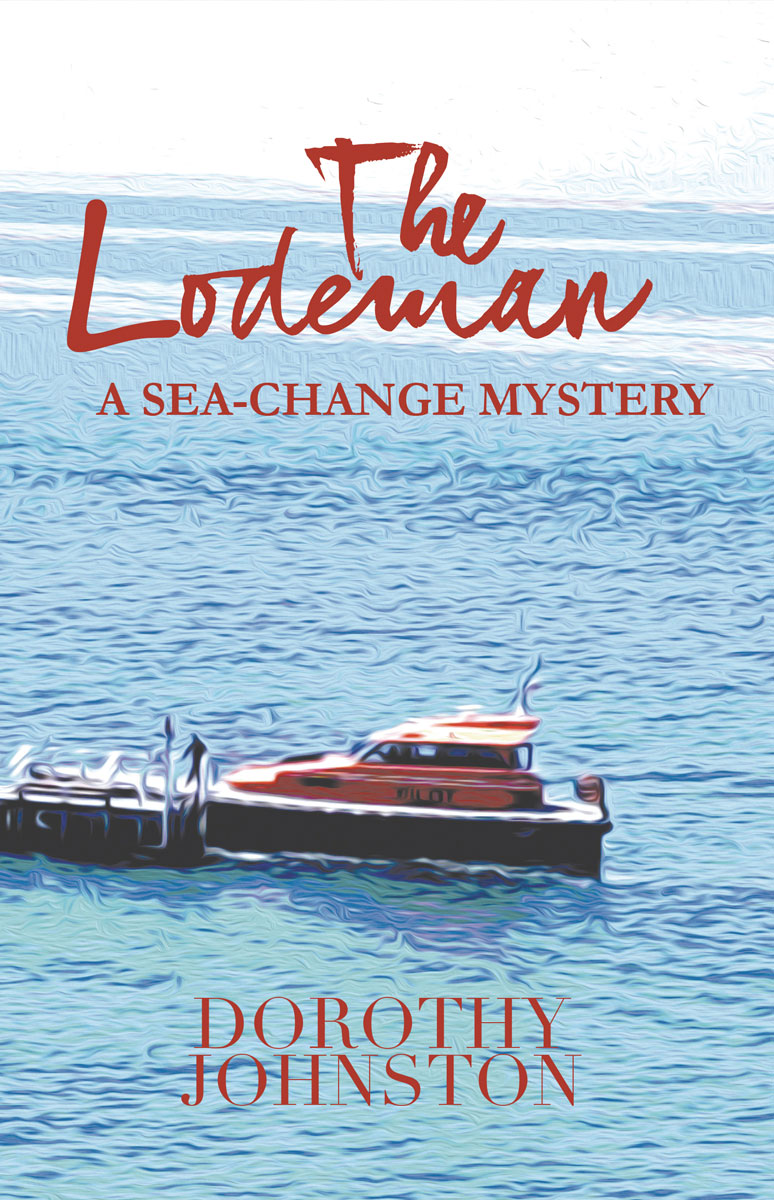This is the third in my series of posts about Australian poets. The first two are Suzanne Edgar and Joan Kerr.
Geoff Page is one of Australia’s best known and widely-published poets. He is based in Canberra and has published twenty-one collections of poetry as well as two novels and five verse novels, and has won many awards. Rather than include a lot of biographical information in this post, I suggest readers follow the link to Irma Gold’s excellent interview.
The Deputy
for J.F.
Driving daily into work,
he feels them equally as pressures,
atmospheric almost,
one more urgent than the other
but pressure all the same.
Both could justify a life,
one with what the young retain
and carry with them through the years,
the other more diffuse
and closer to the core,
resonances rising
from something deeper down,
more opaque than God perhaps,
rhythms, lines and images,
a gift that needs real readiness
before it can arrive.
Of course, one may excel at both.
No doubt a man may serve two masters.
Last year he taught them Doctor Faustus,
the senior class he still keeps on.
He thinks about the famous bargain,
the heavy freedoms of its power,
the good opinion held so widely,
the parent-teacher nights and, yes,
the jokes he makes at school assemblies
to show he’s serious.
At home though there’s a desk
With untouched paper and a screen,
an ideas file, a journal,
a mix of discipline and licence
to bring in pocket money only,
scuffling below the dole.
A friend of his has chosen this,
insecure and frugal
and prone to bitterness.
A third has signed a smaller deal,
holding off from higher slots
if ever they were offered.
Who is his Mephistopheles?
It’s not the principal.
He thinks perhaps they are collective,
these senior teachers who respect him,
who cannot let him go,
who see that he can make things happen
and keep a keel on course.
To them, this other life he has
is hardly more than self-indulgence,
a foible or some pleasant extra,
a flourish or addendum
to make a CV more compelling.
His watch says 8 am.
He turns into the car park now,
an hour before the world begins
its unforeseen complexities,
its smoke and mirrors of the human,
the needs that only he can meet.
The car is small and European,
very fast from nought to ninety.
He walks towards the building…
and sees, back home, that writing desk
patient in its shaft of light,
the blank page and a keyboard waiting,
the pressure of the poem.
‘The Deputy’ appeared in Meanjin 2, 2014. Thank you, Geoff, for allowing me to reproduce it here, and to Meanjin for publishing it.
I read the poem with an instant, deep feeling of recognition. In sixty-three lines, it says an enormous amount about the life of art, the choices and hard bargains, and the ways these are carried within a person life-long.
The voice is quietly authoritative, unsentimental, uncomplaining. The deputy headmaster, who is also an artist, must weigh up and doubt and compare, and go on doing so. This is his destiny. But it’s not an intellectual exercise – the pressures are heart-felt.
And the last line is superb, shining undimmed by the teacher’s daily, ‘other’ life, yet given meaning by it and by the poem as a whole.
I was reminded of the last stanza of Yeats’s ‘Meditations in Time of Civil War’, and ‘the half-read wisdom of daemonic images’ with which Yeats comforts himself, while understanding that Page’s poet/public man is a very different character.
A wonderful poem! I hope many readers get the chance to discover and enjoy it.
The inspiration for this post comes from a review on Guy Savage’s blog, His Futile Preoccupations or The Years of Reading Aimlessly, which I recently discovered thanks to fellow novelist and poet, Joan Kerr. Joan also hosts a sparkling blog, with her sister, under the pen name Gert Loveday.
Guy Savage criticises best-selling author Joel Dicker for over-reaching himself, biting off more than he can chew, in Dicker’s recently published The Truth About the Harry Quebert Affair. I read the critique with a start of recognition, for it touched on something that I’ve been feeling increasingly myself, both in writing paid reviews for newspapers, and those I’ve undertaken for no payment, as an indie author and reviewer.
It’s a common fault with inexperienced, (often self-published) authors, that they reach – it seems unhesitatingly – for the sky, that the scope of their narratives is panoramic, while their prose is barely up to describing a blade of grass. Can this disparity, between ambition and skill, be dismissed as a form of hubris? Could it be a way of learning how to write? In the grasp and falling back, an author might well be discovering what is truly within his or her capacity. One can dare to fail. I’ve been guilty of that daring and that fault myself.
But these days, (perhaps like Guy Savage), I’m less willing to make allowances for best-selling authors, already secure in their stardom. Last year I reviewed, for the Fairfax newspapers, Sarah Dunant’s Blood and Beauty, a title destined for the best-selling lists if ever there was one. I found it bloated, over-long, and redolent, more than anything else, of the author’s ego.
The title of this blog post is borrowed from an essay by Ivor Indyk in the Australian Book Review, November 1997, well before the explosion of book review blogs that have changed not only the face but the entire body of reviewing, and what is understood by literary opinion and authority. In a way that seems prophetic now, Indyk stated that ‘the critic’s authority is a reader’s authority. Criticism is the reflective aspect of reading, present to a greater or lesser extent in the experience itself, not detachable from it.’ Book bloggers often disclaim any authoritative status, professing instead to express ‘personal’ opinions. They often use the word ‘honest’ as well; it is as though these claims, to personal opinion and honesty, absolve them from analysis, or comparative judgements built up over a period of reading and reflecting, or a knowledge of literary traditions and history.
So many opinions and judgments are now being offered publicly, not just to a circle of friends, or private book discussion group, that anybody trying to negotiate them faces a daunting task. This is happening at the same time as traditional newspaper reviews are drastically shrinking.
As a traditionally published fiction writer and a professional (ie paid reviewer) who has moved into publishing her own ebooks, and writing reviews of other indie authors, I welcome the new opportunities, and indeed could not think of myself as having any kind of a writing future without them. But I also believe that publishing one’s opinions carries a responsibility; first of all to read the book the author has actually written, whether or not it conforms to expectations raised by a particular genre, or whatever happens to be the current fashion with regard to style; and secondly, by suspending the expectations of personal taste. The gratification of personal taste should not be at the forefront of a reading experience, when that experience is undertaken with a view to publishing world-wide.

